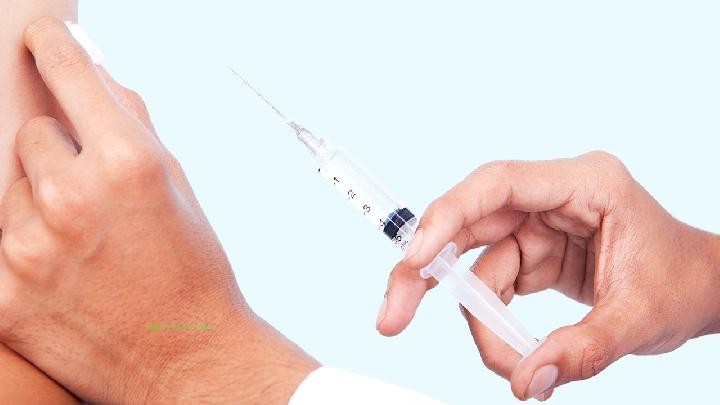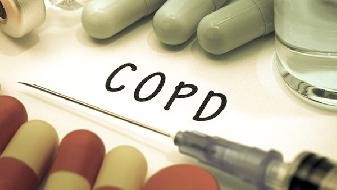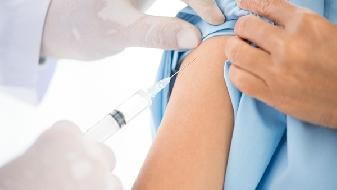Now everyone is most concerned about COVID-19 vaccine. Sometimes, the vaccine supply is insufficient. This shows how hot COVID-19 vaccine is now. If you want to generate antibodies against COVID-19, vaccination is a basic way. What can't you do after COVID-19 vaccine?
 What can't be done after COVID-19 vaccination
What can't be done after COVID-19 vaccination1. Avoid water on the injection site on the day of vaccination and pay attention to keeping the injection site clean and hygienic to prevent infection of damaged skin.
2. After 3 days of vaccination, one should rest more, avoid eating spicy or stimulating foods or seafood, and avoid drinking beverages containing ethanol. Numerous scientific literature and clinical trials of vaccines have confirmed that although serious suspected adverse reactions to vaccination rarely occur, they often occur within a few minutes to 20 minutes after vaccination. The common adverse reactions of SEP mainly include the following aspects: local pain, dizziness or hard lumps at the vaccination site, general fatigue, fever, headache. In addition, some people also have common adverse reactions such as cough, loss of appetite, vomiting, diarrhea, etc.
Therefore, after completing the vaccination, the recipient should stay on site for 30 minutes before leaving. After returning home, if there are symptoms related to adverse reactions, it is necessary to promptly report to the staff of the vaccination unit and seek medical attention if necessary. Previous experiments have shown that after 28 days of full vaccination, over 97% of recipients will produce protective antibodies, which means the vast majority of people can produce antibodies. Although there is no guarantee of 100% disease prevention, clinical studies have shown that vaccines can provide 100% protection against hospitalization, severe illness, and death cases. In other words, even if the disease unfortunately occurs, it will not lead to serious situations.
At present, the vaccine is an inactivated vaccine that has completely lost its infectivity and replication. After vaccination, it will not cause COVID-19. The nucleic acid test is COVID-19 nucleic acid RNA (reverse transcription into DNA). The two are not related, and the COVID-19 nucleic acid test will not be positive because of vaccination.
The difference between COVID-19 and the common cold

The difference between COVID-19 and the common cold mainly lies in the following points: 1. The pathogens of COVID-19 are mainly novel coronavirus, while the pathogens of the common cold are mainly rhinovirus, adenovirus, respiratory syncytial virus or influenza virus. 2. The symptoms are different. COVID-19 is mainly characterized by fever, dry cough and fatigue, while the common cold is mainly characterized by nasal symptoms, such as sneezing, nasal congestion, clear nasal mucus, or pharyngitis, such as dry throat, itchy throat, and sore throat. 3. The examination results are different. The blood routine examination of patients with COVID-19 shows a decrease in lymphocyte count, while that of common cold shows an increase in lymphocyte count. 4. The treatment plans are different. At present, COVID-19 is mainly symptomatic support treatment, while the common cold can be given antiviral drugs, which can have a good effect.
New pneumonia infection is different from common colds. Although the symptoms are very similar at the beginning, colds are self limiting, and can usually recover in about 3 to 7 days. However, new pneumonia is caused by novel coronavirus infection, which is very troublesome to treat, and there is no specific drug to treat it at present.







Comments (0)
Leave a Comment
No comments yet
Be the first to share your thoughts!